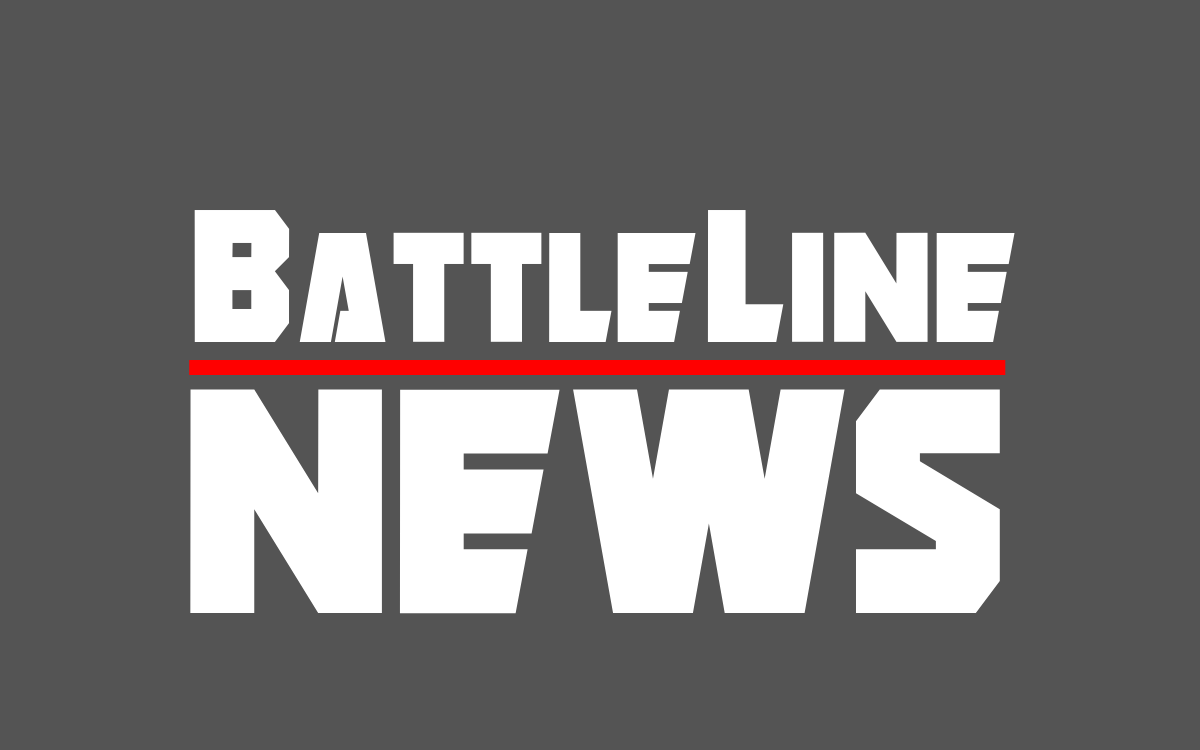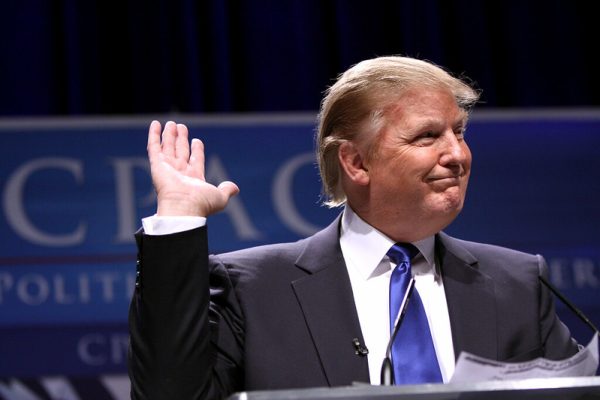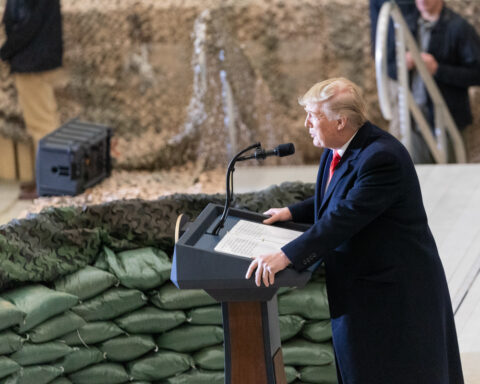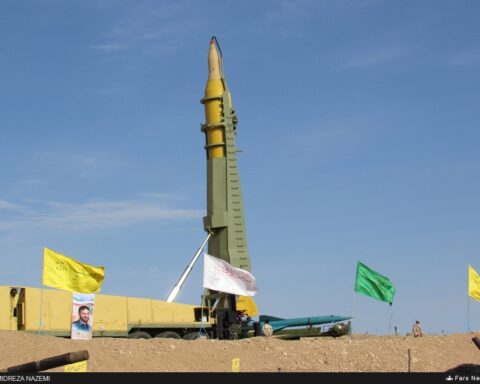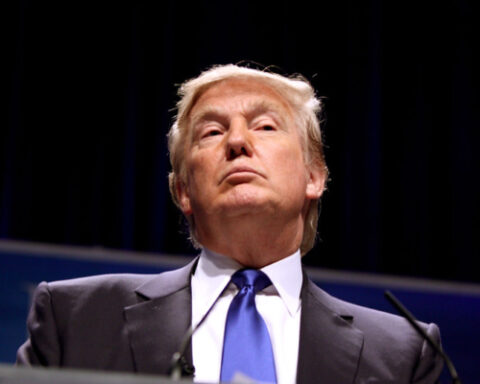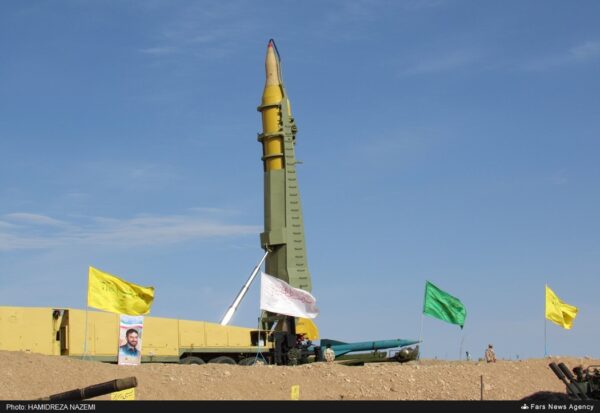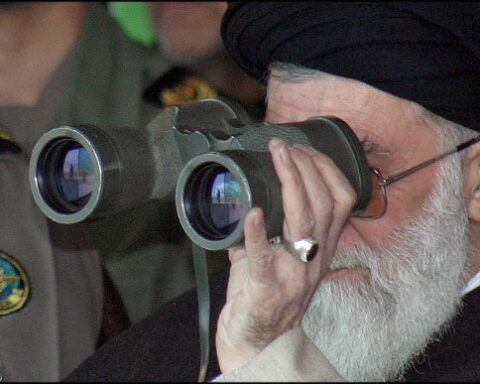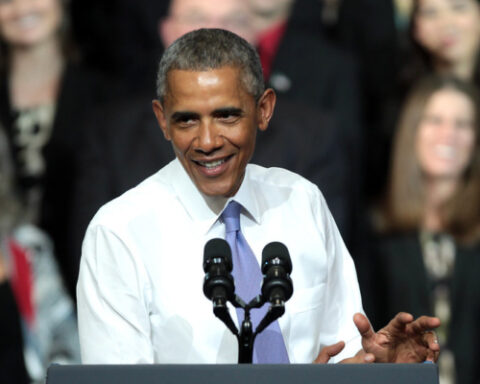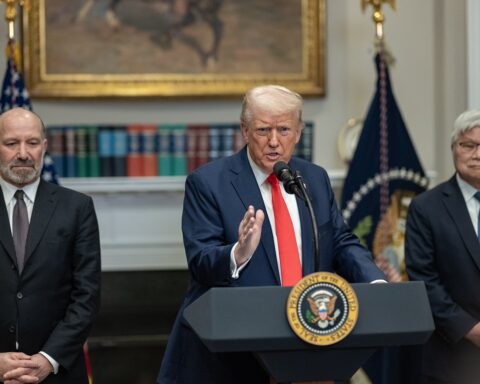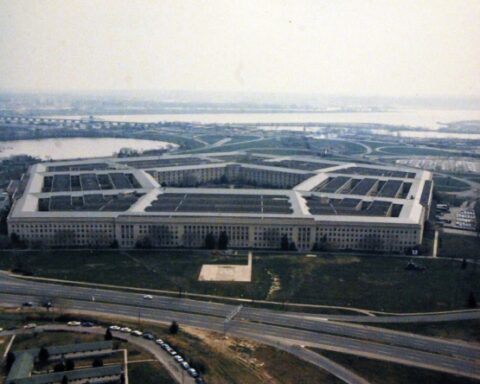In a significant diplomatic achievement for President Donald Trump, NATO leaders have now reportedly agreed to raise their defense spending commitment to 5% of their respective countries’ gross domestic product by 2035.
This pledge marks a dramatic shift from the current 2% target and reflects the growing urgency among European nations to bolster their military capabilities amid rising security threats, particularly from Russia.
The announcement came during a NATO summit, where representatives from nearly all member states endorsed the new spending goal, with notable exceptions being Spain and Slovakia. An official signing of the agreement is expected to take place before the conclusion of the conference.
NATO Secretary General Mark Rutte emphasized the necessity of this increase, stating, “Given this threat from the Russians, there is no alternative.”
The updated defense commitment will allocate 3.5% for traditional military expenditures—such as air defense and troop recruitment—while the remaining 1.5% can be directed toward infrastructure improvements that support military readiness.
Finnish President Alexander Stubb heralded the agreement as “the birth of a new NATO,” suggesting it would foster a more balanced alliance with increased European responsibility.
This sentiment echoes broader concerns among NATO members about the need to address evolving geopolitical challenges.
However, Spain’s Prime Minister Pedro Sánchez expressed reluctance, asserting that his country could meet its defense obligations without adhering to the new target.
Spain currently allocates only 1.28% of its GDP to defense, the lowest among NATO countries, a stance that has drawn criticism from other member states. Similarly, Slovakia’s Prime Minister Robert Fico indicated a preference for prioritizing other national needs over increased military spending.
The divisive reactions highlight tensions within the alliance as some nations push for a robust collective defense strategy while others resist increased financial commitments.
Polish Deputy Prime Minister Władysław Kosiniak-Kamysz condemned Spain’s position, labeling it a “bad example” that undermines NATO’s collective goals.
As Trump, who has long criticized NATO allies for inadequate spending, prepares to meet separately with Ukrainian President Volodymyr Zelensky following the summit, the implications of this new defense pledge will likely resonate throughout the alliance.
The contrasting views on military investment underscore a critical juncture for NATO, as it seeks to adapt to a rapidly changing security landscape while maintaining unity among its diverse member states.
[READ MORE: Iranian Nuclear Chief Reveals Plans to Restart Enrichment Program]
